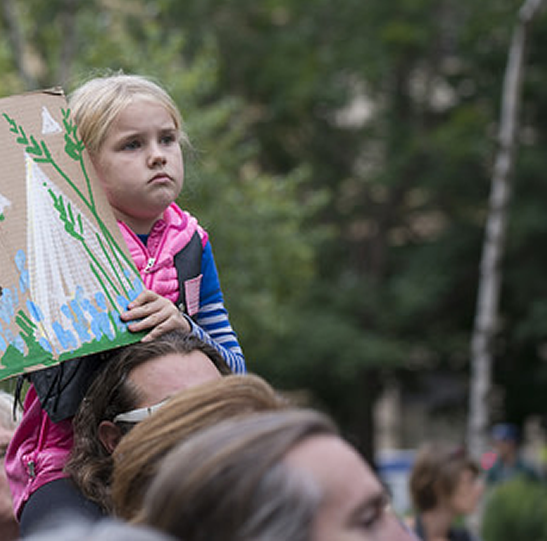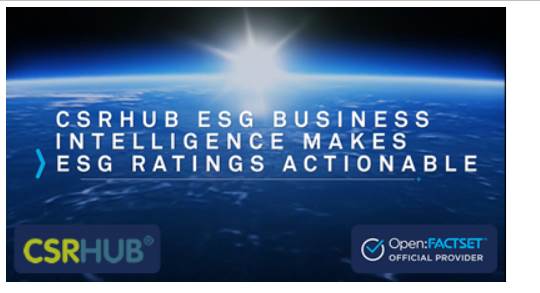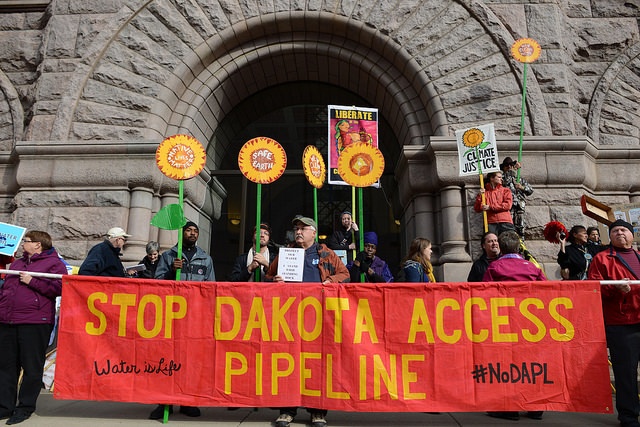By: Carol Pierson Holding
For at least a decade, I’ve been a huge fan of Bill McKibben, thought leader for the climate movement. But his most recent article in The New Republic, “A World at War,” falls short. Subtitled “We’re under attack from climate change — and our only hope is to mobilize like we did in WWII,” his piece uses war as more than an analogy: “It’s not that global warming is like a war. It is a war.”
After reviewing the horrors of global warming, McKibben reports how the U.S. and other nations could deploy renewable energy rapidly enough to reduce fossil fuel emissions 80% by 2030. Using a wholesale industrial retooling akin to WWII to manufacture solar, wind and geothermal equipment, the reconstruction would be ordered and partly paid for by the feds, using existing contracts as leverage to force businesses to comply.
But what McKibben also points out is that after the war had ended, “solidarity gave way to the biggest boom in personal consumption the world had ever seen.” After WWII, materialism was our reward for war’s deprivations.
This time, a boom after “defeating” the climate could lead to even bigger disasters.
McKibben’s right that we need an all out effort to address climate change, but it’s only one solution to the mess we’ve created from our out-of-control consumerism. There’s also the Texas-sized island of plastic swirling in the Pacific Ocean, the jaw-dropping species extinctions, the lethal pollution and toxic chemicals and threatened water supplies. If we simply convert to clean energy without addressing the underlying causes of over-consumption and disregard for the earth, we’ll continue to face the same level of global emergency as climate presents now.
To be clear, the climate is not attacking us and it’s not our enemy. That’s the same twisted philosophy that got us here in the first place, where nature is other rather than part of a single system of which we are a part.
Rebecca Solnit, environmental activist, historian and the author of fifteen books, explains climate justice in this week’s Guardian. Her article on the Dakota Pipeline protests asks, “Is this a new civil rights movement where environmental and human rights meet?” Rather than wage war against climate change, she writes about joining forces with the Native American civil rights movement, as is being done successfully in South Dakota and for years up and down the Pacific Northwest coast.
Like McKibben’s war argument, climate justice is not a new concept. I wrote about it in 2010 for CSRHub.com in a story about the Native Alaskan Village of Kivalina suing big oil for melting their permafrost. I also wrote about the Occupy movement’s Climate Justice day in the Huffington Post: “Environmentalists are defining how environmental destruction and economic inequality are closely connected.”
The concept goes all the way back to Chief Seattle, who is quoted as having said, ““Humankind has not woven the web of life. We are but one thread within it. Whatever we do to the web, we do to ourselves.”
Civil rights are being extended bit by bit to include all of humankind, and those movements will continue. Now we have to expand that same justice and compassion to all life on earth, finding ways to protect the earth and each other while diminishing our need for stuff.
We may need a war-like effort to switch to renewables, but comparing the climate crisis to waging war doesn’t move us forward. We need to heal our environment and, within our environment, ourselves. It’s a change in values that will be a much tougher “war” to win than the one McKibben proposes.
Photo courtesy of Fibonacci Blue via Flickr CC.
 Carol Pierson Holding is President and Founder, Holding Associates. Carol serves as Guest Blogger for CSRHub. Her firm has focused on the intersection of brand and social responsibility, working with Cisco Systems, Wilmington Trust, Bankrate.com, the US EPA, Yale University’s School of Environmental Sciences, and various non-profits. Before founding Holding Associates, Carol worked in executive management positions at Siegel & Gale, McCann Erickson, and Citibank. She is a Board Member of AMREF (African Medical and Research Foundation). Carol received her AB from Smith College and her MBA from Harvard University.
Carol Pierson Holding is President and Founder, Holding Associates. Carol serves as Guest Blogger for CSRHub. Her firm has focused on the intersection of brand and social responsibility, working with Cisco Systems, Wilmington Trust, Bankrate.com, the US EPA, Yale University’s School of Environmental Sciences, and various non-profits. Before founding Holding Associates, Carol worked in executive management positions at Siegel & Gale, McCann Erickson, and Citibank. She is a Board Member of AMREF (African Medical and Research Foundation). Carol received her AB from Smith College and her MBA from Harvard University.
CSRHub provides access to corporate social responsibility and sustainability ratings and rankings information on 16,495+ companies from 135 industries in 133 countries. Managers, researchers and activists use CSRHub to benchmark company performance, learn how stakeholders evaluate company CSR practices and seek ways to change the world.



